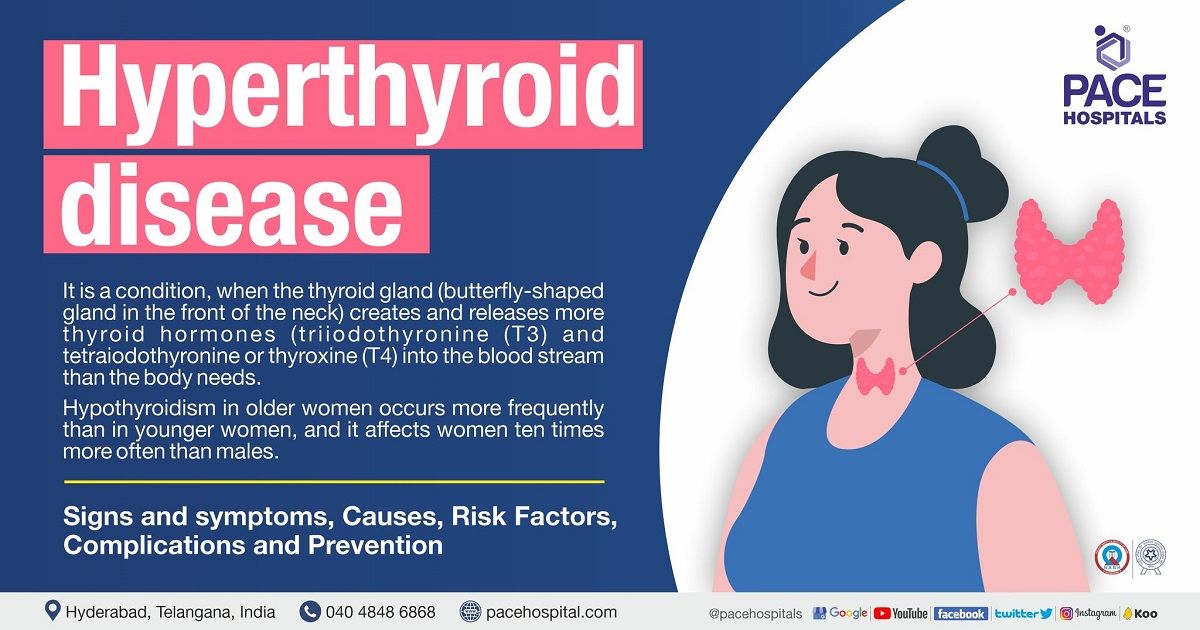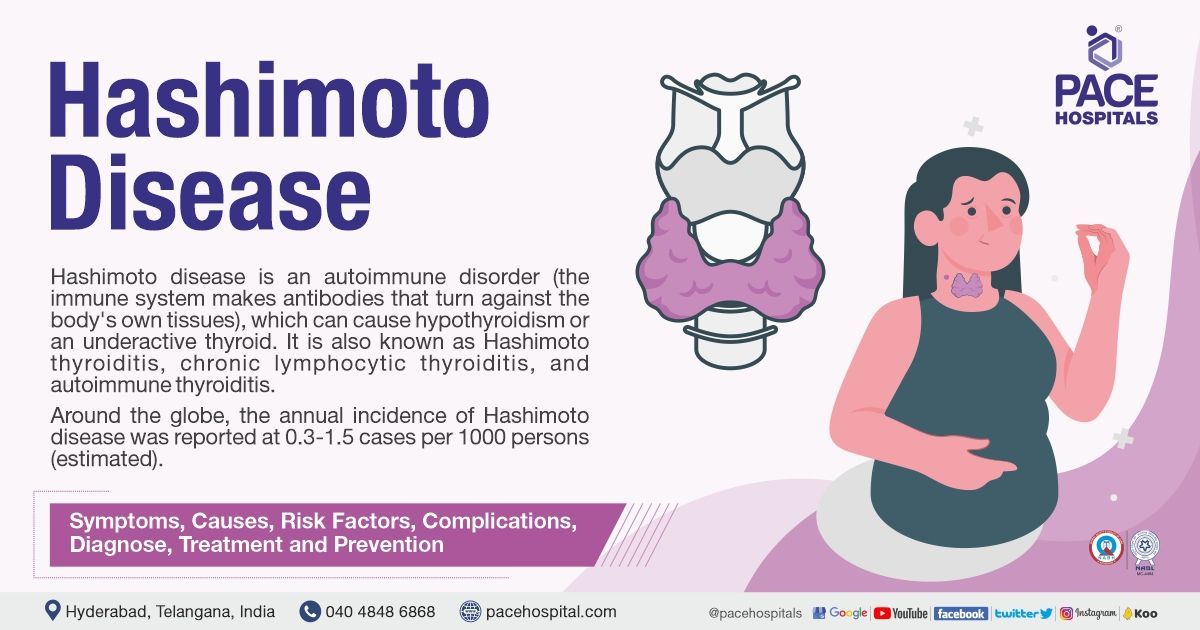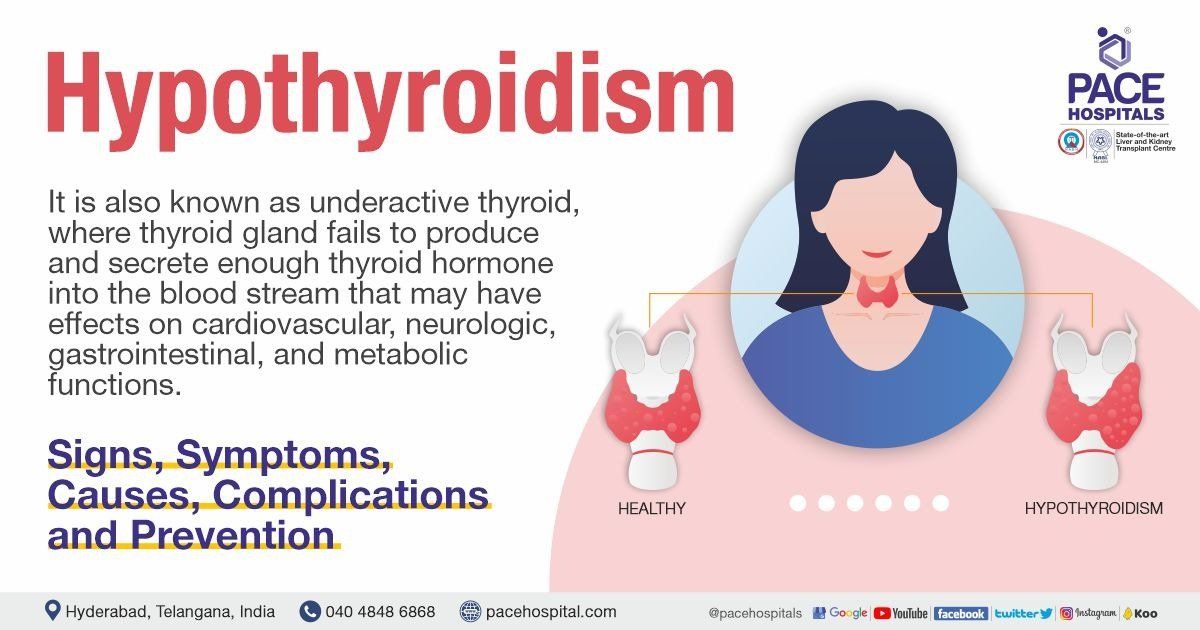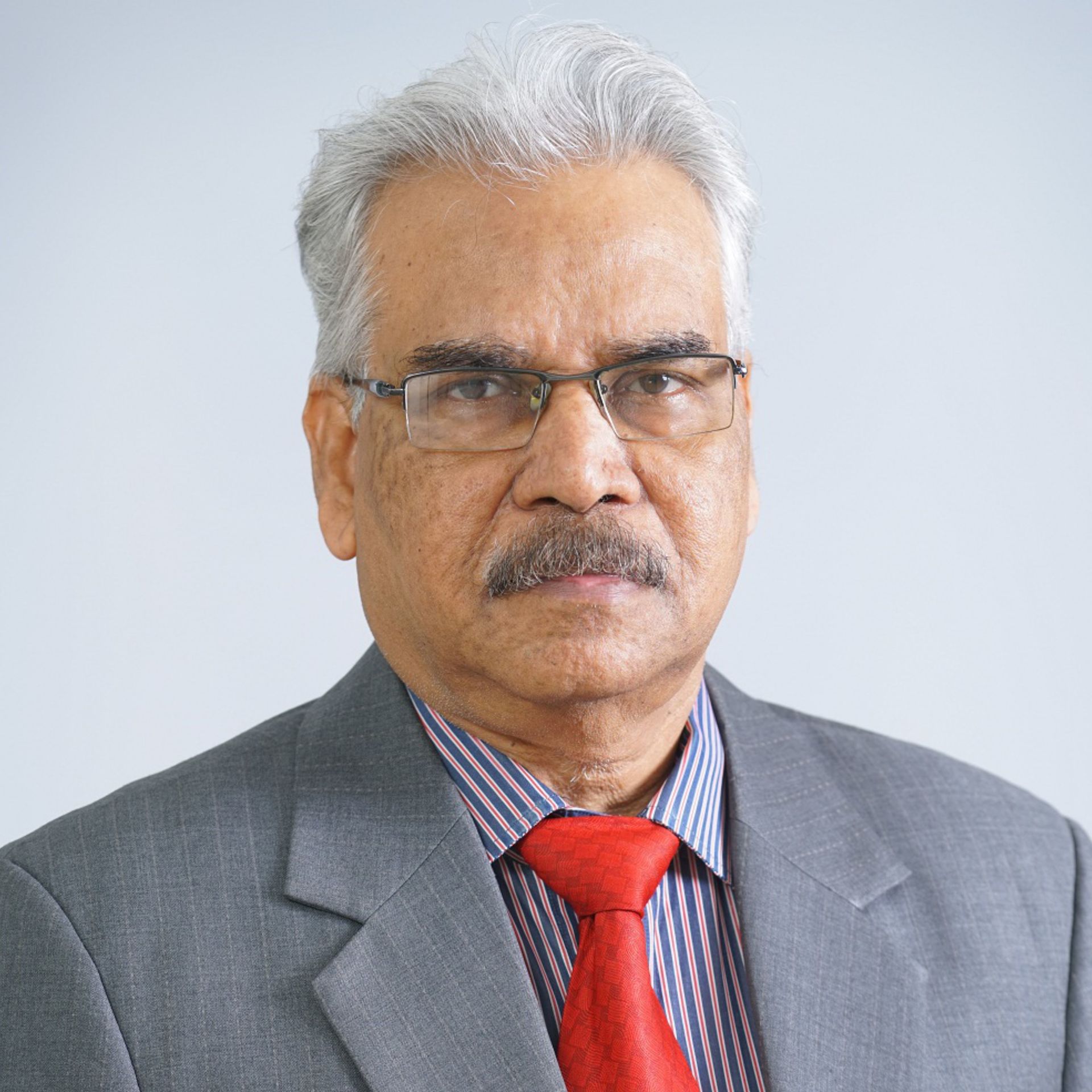Best Thyroid Cancer Specialist for Accurate Diagnosis & Complete Treatment
PACE Hospitals
✅ Recommended by 9,452 Happy Patients. Get hassle-free appointments with Thyroid Cancer Doctor.
Dr. Ramesh Parimi
MS, FRCS, FAMS
Experience : 35+ years
Senior Consultant – Surgical Oncology, Specialist in Cancer Surgery
Specialist
Specialist in Breast Cancer, Stomach Cancer / Gastric Cancer, Head & Neck Cancer, Oral Cavity Cancer, Oropharyngeal Cancer, Intra-Oral Cancer, Laryngeal Cancer, Endometrial Cancer, Cervical Cancer, Ovarian Cancer, Oesophageal Cancer, Uterus Cancer, Lung Cancer, Thyroid Cancer, Kidney Cancer, Colon Cancer.
Expertise
Surgery for Breast Cancer, Stomach Cancer / Gastric Cancer, Head & Neck Cancer, Oral Cavity Cancer, Oropharyngeal Cancer, Intra-Oral Cancer, Laryngeal Cancer, Endometrial Cancer, Cervical Cancer, Ovarian Cancer, Oesophageal Cancer, Uterus Cancer, Lung Cancer, Thyroid Cancer, Kidney Cancer, Colon Cancer.
Consultation Details
Languages Spoken: English, Hindi, Telugu
Timing: Mon to Sat - 9 AM to 6 PM
Location: PACE Hospitals, HITEC City
Dr. Mohana Jambula
MBBS, MS (ENT), DNB, MRCS - ENT (Edinburgh, UK)
ENT Surgeon
Specialist
- Ear Infections, Hearing Problems & Dizziness
- Nosebleeds, Allergies & Tinnitus
- Tonsillitis, Sleep Apnoea & Voice Disorders
- Swallowing Difficulties (Dysphagia)
- Fungal ENT Infections (e.g., Rhinomucormycosis)
- Nasal Tumours (e.g., Olfactory Neuroblastoma)
- Chronic Sinusitis, Nasal Polyps & Haemorrhagic Telangiectasia
- Cerebrospinal Fluid (CSF) Rhinorrhoea
- Complex Rhinology and Allergy-Related ENT Conditions
Expertise
- Endoscopic Sinus and Anterior Skull Base Surgeries
- Full House Functional Endoscopic Sinus Surgery (FESS)
- Skull Base Resections
- Maxillectomy & Orbital Exenteration
- Thyroidectomy & Parotidectomy
- Submandibular Gland Excision
- Laser Cordectomy
Consultation Details
Languages Spoken: English, Hindi, Telugu
Timing: Mon to Sat - 10 AM to 7 PM
Location: PACE Hospitals, HITEC City
Get Treated by Leading Thyroid Cancer Doctor for all your thyroid problems
PACE Hospitals is home to some of the best thyroid cancer specialists in Hyderabad, Telangana, India, renowned for their expertise in diagnosing and managing all types and stages of thyroid cancer. Our experienced thyroid cancer doctors deliver patient-focused care with an emphasis on early detection, individualized treatment plans, and improved long-term outcomes.
Equipped with advanced diagnostic tools such as high-resolution ultrasound, fine-needle aspiration biopsy (FNAB), thyroid scans, and molecular testing, PACE Hospitals ensures accurate diagnosis and staging of thyroid cancer. Whether you're dealing with papillary, follicular, medullary, or anaplastic thyroid cancer, our specialists design individualized thyroid cancer treatment plans based on the cancer type, spread, and patient profile.
We provide a comprehensive range of thyroid cancer treatments including surgery (thyroidectomy), radioactive iodine therapy (RAI), hormone replacement therapy, targeted therapies, and external beam radiation when necessary. In complex or advanced cases, our multidisciplinary team ensures integrated cancer care through collaboration between endocrinologists, oncologists, and head & neck surgeons.
With a strong commitment to clinical excellence, compassionate support, and long-term disease management, PACE Hospitals is a trusted destination for those seeking expert thyroid cancer doctors and advanced thyroid cancer treatment in Hyderabad, Telangana, India.
Frequently Asked Questions (FAQs) on Thyroid Cancer
Is thyroid cancer curable?
Most thyroid cancers, including papillary and follicular types, are highly curable with early detection and proper treatment. Surgery, radioactive iodine, etc. offer excellent outcomes. Patients aiming for a structured recovery path can consult the top-rated thyroid cancer doctor at PACE Hospitals, where clinical accuracy and follow-up protocols help reduce recurrence risk and maintain long-term remission.
What are the early signs and symptoms of thyroid cancer?
A small, painless lump in the neck, persistent hoarseness, or difficulty swallowing may be early signs. These symptoms are often mild and easy to overlook. Recognizing subtle indicators early can prompt a visit to a specialist for thyroid cancer, such as those available at PACE Hospitals, where patients are evaluated using advanced imaging and cytology methods.
How to detect thyroid cancer?
Thyroid cancer is typically detected through a combination of clinical evaluation and diagnostic tests. A physical examination may reveal a neck lump, after which a high-resolution ultrasound is commonly used to assess thyroid nodules and surrounding structures. If the ultrasound shows suspicious features, a fine-needle aspiration (FNA) biopsy is performed to collect tissue for analysis. Blood tests to evaluate thyroid function or detect tumor markers (such as calcitonin for medullary thyroid cancer) may support the diagnosis. In some cases, additional imaging (e.g., CT or PET scans) is used for staging or detecting spread beyond the thyroid.
What is the survival rate for thyroid cancer?
Thyroid cancer has a very high survival rate, particularly for well-differentiated types like papillary and follicular thyroid cancer. According to the American Cancer Society, the overall 5-year relative survival rate is approximately 98.5%. Survival rates vary by type and stage:
- Localized disease: ~99% survival rate
- Regional spread (to lymph nodes): ~97%
- Distant metastasis: ~54%
Aggressive types such as anaplastic thyroid cancer have significantly lower survival rates. Factors influencing prognosis include tumor size, histological subtype, patient age, and treatment response.
Is thyroid cancer hereditary or genetic?
Some forms of thyroid cancer, particularly medullary thyroid cancer (MTC), can be hereditary. MTC may occur as part of a genetic syndrome known as Multiple Endocrine Neoplasia type 2 (MEN 2), which involves mutations in the RET proto-oncogene. Individuals with a family history of thyroid cancer, especially medullary type, may benefit from genetic counseling and testing. While papillary and follicular thyroid cancers are not typically inherited, certain familial trends may increase risk. Early screening is recommended for individuals with a known genetic predisposition.
What is thyroid cancer?
Thyroid cancer arises from abnormal cell growth within the thyroid gland. While it may develop slowly in some types, others like anaplastic cancer (a rare and extremely aggressive form of thyroid cancer) grow rapidly. Detection often occurs incidentally during health screenings. Individuals who wish to initiate early treatment options may consult a
thyroid cancer specialist in Hyderabad at PACE Hospitals, where evaluations are aligned with the cancer’s biology and tailored for timely medical intervention.
What does a thyroid cancer specialist do?
A thyroid cancer specialist doctor plays a crucial role in the comprehensive care of patients diagnosed with or suspected of having thyroid malignancies. They begin by thoroughly assessing thyroid nodules using clinical evaluation, imaging techniques like ultrasound, and fine-needle aspiration biopsies. Once a diagnosis is established, the specialist collaborates with surgical teams to plan and execute appropriate procedures, such as a thyroidectomy or lymph node dissection, depending on the cancer's stage and type.
What type of doctor treats thyroid cancer?
Care for thyroid cancer is coordinated by endocrinologists, oncologists, and thyroid surgeons. This collaboration enables accurate diagnosis and appropriate treatment from the outset.
For streamlined care under one roof, patients often seek a doctor for thyroid cancer at PACE Hospitals, where integrated planning ensures continuity from surgery to long-term monitoring.
What are the symptoms of cancerous thyroid nodules?
Cancerous thyroid nodules may feel like a lump in the neck and be accompanied by voice changes, difficulty swallowing, or neck swelling. Many are silent and discovered through imaging. For individuals with suspicious nodules, evaluation by a thyroid cancer care expert at PACE Hospitals ensures precise diagnostic testing and a comprehensive plan of action when intervention is needed.
Can you die from thyroid cancer?
Although rare, advanced forms of thyroid cancer such as anaplastic carcinoma can be life-threatening if left untreated. Early identification significantly increases survival chances. To manage complex or aggressive cases, a thyroid cancer physician at PACE Hospitals develops precision-based treatment strategies, ensuring timely intervention and coordinated follow-up for high-risk patients.
Is thyroid cancer treatable?
Yes, thyroid cancer responds well to surgical removal, radioactive iodine, and hormone suppression. The key is prompt diagnosis and ongoing follow-up. At PACE Hospitals, the best thyroid cancer doctors provide patient-specific care plans backed by modern treatment protocols and multidisciplinary support to ensure each case receives thorough attention from start to finish.
Is thyroid cancer rare?
While less common than other cancers, thyroid cancer is the most prevalent among endocrine malignancies. Its rising incidence is largely due to enhanced detection via imaging. A consultation with an expert in
thyroid cancer treatment at PACE Hospitals helps patients navigate diagnosis confidently and proceed with treatment strategies aligned with their individual needs.
Is papillary thyroid cancer deadly?
Papillary thyroid cancer is rarely fatal when treated early. It typically grows slowly and has a high response rate to surgery and iodine therapy. Patients can experience excellent outcomes when managed by an experienced team. The
best doctor for papillary thyroid cancer at PACE Hospitals delivers targeted, evidence-based care to help minimize recurrence and improve long-term survival rates.
Which lymph nodes swell with thyroid cancer?
Thyroid cancer most commonly spreads to the cervical lymph nodes, which are located in the neck. Swelling in these lymph nodes may present as a firm or enlarged mass and is frequently associated with papillary and medullary thyroid cancer. In some cases, the lymph nodes may be the first noticeable sign of metastasis, especially when the thyroid tumor is small or not easily palpable.
Can hypothyroidism cause thyroid cancer?
There is no conclusive evidence that hypothyroidism, a condition characterized by low thyroid hormone levels, directly causes thyroid cancer. However, individuals with chronic thyroid conditions, such as Hashimoto’s thyroiditis, may have a slightly higher risk of developing certain types of thyroid cancer, especially primary thyroid lymphoma. While the presence of
hypothyroidism does not imply cancer, patients with long-standing thyroid disease should undergo regular monitoring, including thyroid ultrasound when nodules are present, to detect any potential changes early.
What are the different types of thyroid cancer?
Thyroid cancer is classified into several distinct types, each with its own characteristics and prognosis:
- Papillary thyroid cancer – The most common type; slow-growing and highly treatable
- Follicular thyroid cancer – Less common; may spread to lungs or bones
- Medullary thyroid cancer – Arises from C-cells; may be genetic or sporadic
- Poorly differentiated thyroid cancer – More aggressive with variable treatment response
- Anaplastic thyroid cancer – Rare and highly aggressive; limited treatment options
Each subtype requires a tailored approach to treatment and follow-up, often involving surgery, radioactive iodine, and targeted therapies when indicated.
What is a thyroid biopsy and is it painful?
A thyroid biopsy, most often performed as a fine-needle aspiration (FNA), is a minimally invasive procedure used to evaluate thyroid nodules for cancer. During the procedure, a thin needle is inserted into the nodule under ultrasound guidance to collect a small sample of tissue. The process typically takes just a few minutes and involves little to no discomfort — often described as similar to a blood drawing. Local anesthesia is usually not required. The sample collected is examined under a microscope to determine if cancer cells are present. Biopsy is an essential step in confirming diagnosis before proceeding with treatment.
What are the treatment options for thyroid cancer?
Treatment for thyroid cancer depends on the type, stage, and risk level of the disease. The primary treatment modalities include:
- Surgery – Most common; involves lobectomy or total thyroidectomy
- Radioactive iodine (RAI) therapy – Destroys remaining thyroid tissue or microscopic cancer cells
- Thyroid hormone suppression therapy – Reduces TSH levels to prevent cancer regrowth
- External beam radiation therapy – For non-RAI-avid or unresectable tumors
- Chemotherapy and targeted therapy – For aggressive or metastatic cases, especially anaplastic or advanced medullary thyroid cancer
Treatment plans are typically individualized based on tumor pathology, imaging, and patient-specific considerations.
Is surgery always necessary for thyroid cancer?
Surgery is the standard treatment for most types of thyroid cancer, especially when the tumor is larger than 1 cm, growing, or showing signs of spread. A thyroidectomy (removal of part or all of the thyroid gland) is commonly recommended to ensure complete removal of the tumor and facilitate follow-up with radioactive iodine. However, in select low-risk cases, particularly small papillary thyroid cancers (less than 1 cm) active surveillance may be considered instead of immediate surgery. The decision is made based on the tumor’s behavior, patient preferences, and risk factors.
At PACE Hospitals, the cancer care experts team features an experienced thyroid cancer surgeon who collaborates closely with medical oncologists and other specialists to provide comprehensive care throughout every stage of the cancer journey.
Looking for an Expert Thyroid Cancer Specialist Near You?
If you are searching for a “thyroid tumor specialist near me” or “best thyroid cancer specialist near me” in Hyderabad, including areas like HITEC City, Madhapur, Jubilee Hills, Kukatpally, Miyapur, Chandanagar, or BHEL, visit the nearest branch of PACE Hospitals for advanced thyroid cancer care.
Our multidisciplinary team offers comprehensive diagnosis and treatment for all types of thyroid malignancies, including papillary, follicular, medullary, and anaplastic thyroid cancer. With access to cutting-edge diagnostic imaging, personalized surgical interventions, radioactive iodine therapy, and long-term hormone management, each patient is cared for through a tailored, evidence-based approach to ensure improved recovery and quality of life.
What our patients have to say
Experts Perspective
Related Resources



Why choose PACE Hospitals?
- A Multi-Super Speciality Hospital.
- NABH, NABL, NBE & NABH - Nursing Excellence accreditation.
- State-of-the-art Liver and Kidney transplant centre.
- Empanelled with all TPAs for smooth cashless benefits.
- Centralized HIMS (Hospital Information System).
- Computerized health records available via website.
- Minimum waiting time for Inpatient and Outpatient.
- Round-the-clock guidance from highly qualified super specialist doctors, surgeons and physicians.
- Standardization of ethical medical care.
- 24X7 Outpatient & Inpatient Pharmacy Services.
- State-of-the-art operation theaters.
- Intensive Care Units (Surgical and Medical) with ISO-9001 accreditation.
Share on
Request an appointment
Fill in the appointment form or call us instantly to book a confirmed appointment with our super specialist at 04048486868
Appointment request - health articles
Recent Articles













